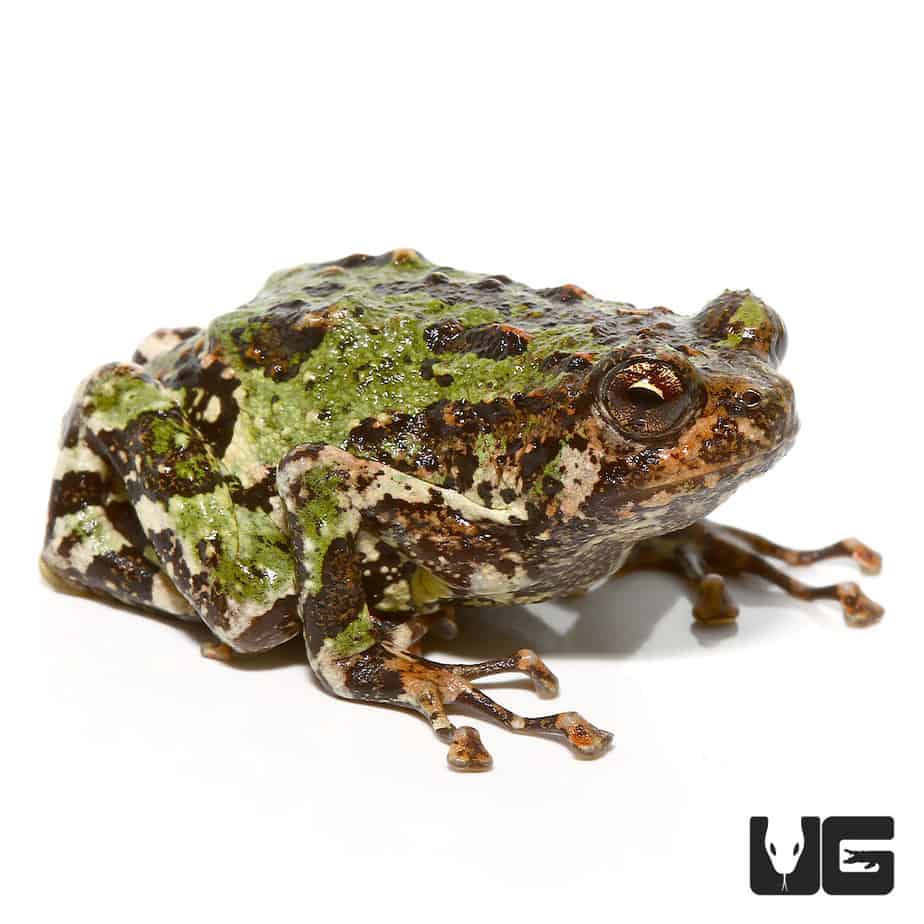Locate Your Perfect Rain Frog for Sale: Study the World of Exotic Amphibians!
Locate Your Perfect Rain Frog for Sale: Study the World of Exotic Amphibians!
Blog Article
Common Health Issues in Reptiles: Symptoms and Solutions
In the elaborate world of reptile care, comprehending the typical health and wellness problems that may affect these distinct creatures is paramount in ensuring their health. From respiratory system infections that can calmly hold to metabolic bone illness that can disable, reptiles are vulnerable to a variety of ailments that require eager monitoring and timely intervention. Whether it's facing parasitical invasions, navigating dehydration concerns, or addressing skin disorders that materialize in subtle means, being attuned to the symptoms and equipped with the understanding of efficient solutions is essential for any kind of reptile proprietor. By delving better into the nuances of these wellness problems and exploring the functional solutions available, one can safeguard the health and wellness and vitality of these remarkable animals.
Respiratory System Infections
Breathing infections in reptiles can substantially affect their overall health and require punctual focus from knowledgeable veterinarians. In reptiles, respiratory infections can be particularly testing to detect and treat due to their distinct anatomy and physiology.
Therapy for breathing infections in reptiles normally includes a mix of encouraging care, such as keeping appropriate humidity degrees and temperature slopes in the unit, in addition to targeted drug to attend to the particular virus in charge of the infection. It is crucial for reptile owners to monitor their animals very closely for any indications of respiratory distress and look for veterinary care at the earliest sign of a problem. With timely treatment and appropriate therapy, numerous reptiles can recoup completely from respiratory system infections and return to regular activities.

Metabolic Bone Disease
What elements add to the growth of Metabolic Bone Disease in reptiles?
Metabolic Bone Illness (MBD) in reptiles is largely caused by a lack of appropriate calcium, phosphorus, and vitamin D3 degrees in their diet regimen. When reptiles do not obtain adequate calcium, either with their food or correct UVB direct exposure for vitamin D3 synthesis, they are at a high risk of developing MBD. Reptiles with diet plans reduced in calcium or unbalanced calcium to phosphorus proportions are specifically at risk. Additionally, inadequate exposure to UVB light avoids reptiles from synthesizing vitamin D3, which is vital for calcium absorption and bone wellness.
Not enough humidity degrees can likewise influence a reptile's capability to metabolize calcium effectively. Routine vet check-ups, correct husbandry methods, and a well balanced diet regimen are crucial to prevent Metabolic Bone Illness in reptiles.
Parasitic Problems
Parasitic invasions position a considerable health danger to reptiles, affecting their general well-being and needing punctual veterinary interest. Reptiles can be influenced by various parasites, consisting of mites, ticks, interior worms, and protozoa. These bloodsuckers can create a series of signs and symptoms, such as weight-loss, sleepiness, skin irritation, looseness of the bowels, and also death if left neglected.
One usual bloodsucker found in reptiles is the mite, which can trigger skin anemia, tension, and irritability. Ticks are another external parasite that can transmit illness and trigger pain to the reptile. Inner bloodsuckers like worms and protozoa can lead to gastrointestinal problems, poor nutrition, and damage the reptile's body immune system.
To detect a parasitic infestation, a vet might perform fecal examinations, skin scrapings, or blood examinations. Therapy typically involves deworming medications, antiparasitic baths, or in severe cases, hospitalization. Preventative steps such as regular veterinary exams, correct health, and quarantine treatments for brand-new reptiles can assist reduce the risk of parasitic infestations and ensure the health of reptile pet dogs.
Dehydration and Hydration Issues
Dehydration in reptiles can dramatically influence their health and wellness and health, requiring prompt intervention and ideal hydration administration. If left without treatment, dehydration can lead to severe health concerns and even be fatal to the reptile.
To stop dehydration, reptile proprietors should make certain that their animals have accessibility to clean water in any way times. The water dish must be large enough for the reptile to saturate in if needed, particularly for varieties that absorb water with their skin. Additionally, preserving correct humidity levels in the reptile's her explanation unit and providing routine bathrooms can help stop dehydration.
In instances of dehydration, it is important to look for vet care quickly. A vet might administer fluids either orally or with shots to rehydrate the reptile. It is important to attend to the underlying source of dehydration to prevent reoccurrence and make sure the reptile's total well-being.
Skin Ailments

Verdict

Respiratory infections in reptiles can dramatically affect their total health and wellness and require punctual attention from seasoned veterinarians (rain frog for sale). Preventative actions such as routine vet examinations, correct hygiene, and quarantine treatments for new reptiles can aid minimize the threat of parasitic invasions and ensure the wellness of reptile pets
If left neglected, dehydration can lead to major health problems and also be fatal to the reptile.
On a regular basis inspecting your reptile for any kind of changes in skin structure, look, or shade can aid in early discovery and therapy of skin disorders, promoting the general health and wellness and health of your flaky companion. - rain frog for sale
In final thought, reptiles are susceptible to numerous wellness issues such as respiratory infections, metabolic bone illness, parasitical problems, dehydration, and skin disorders.
Report this page